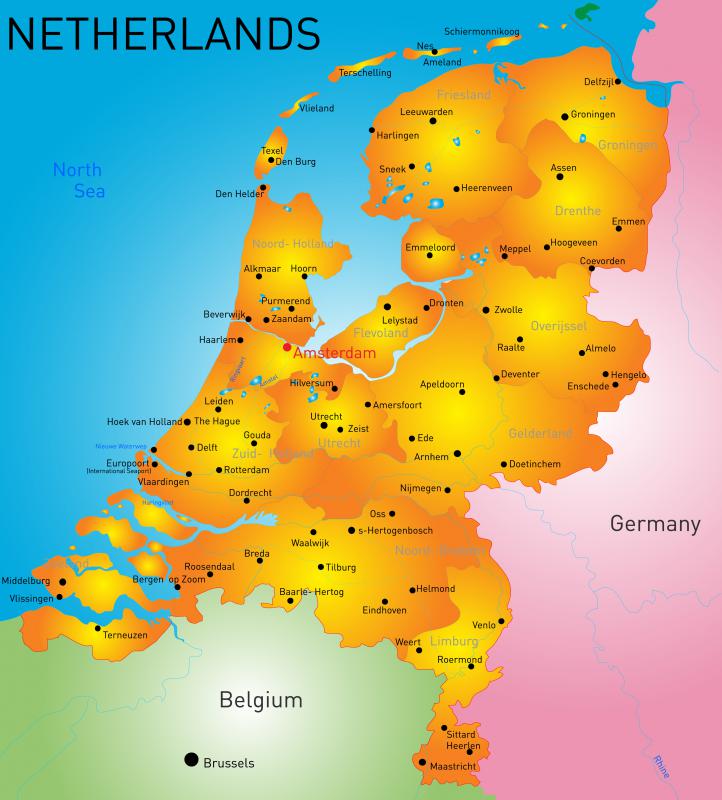At WiseGEEK, we're committed to delivering accurate, trustworthy information. Our expert-authored content is rigorously fact-checked and sourced from credible authorities. Discover how we uphold the highest standards in providing you with reliable knowledge.
What is Abdication?
Abdication is a formal renunciation of an office, along with the rights, privileges, and power associated with that office. As a general rule, the term is used specifically to refer to monarchs who step down from or decline the throne, although it can also be used in reference to public officials or Popes. Throughout history, an assortment of abdications have taken place, and often the result has been quite chaotic. As a result, many abdications have been credited with changing history.
Most typically, an abdication takes place when a monarch feels that he or she has failed the people. The choice to step down is viewed as an admission of culpability, with the rest of the government rallying to determine who is next in rank. In some nations, there are rules in place to deal with abdication to minimize chaos, but in other instances, a lack of a clear line of descent to the throne can cause problems when a monarch abdicates unexpectedly. Various political factions may attempt, for example, to install their preferred choices on the throne. Leopold III of Belgium, for example, abdicated in 1951 in the wake of a political controversy.

Monarchs have also been known to abdicate when they reach old age, so that they can pursue personal interests. In Japan, for example, abdication has been traditional at various points in history so that Emperors can spend their last years in meditation and contemplation. Some modern monarchs have also adopted this practice, allowing their successors to get some practical experience while they are still alive and able to offer advice. Juliana, Queen of the Netherlands, abdicated in 1980 for this very reason.

An abdication may also be forced, as in the case of numerous abdications sparked by revolutions or massive social unrest. Tsar Nicholas II, for example, abdicated the Russian throne in 1917 in response to the Russian Revolution; the Revolution ultimately dismantled the monarchy altogether. In some instances, monarchs have also abdicated when their citizens have chosen to pursue a form of government other than a monarchy.
One of the most famous abdications was that of King Edward VIII of England, who chose to give up the throne of England to marry Wallis Simpson, an American divorcee. The Great Abdication, as it is sometimes called, occurred on the eve of the Second World War. This has led some historians to point out that the war and the history of England might have gone very differently if his brother George VI had not taken the throne.
AS FEATURED ON:
AS FEATURED ON:












Discussion Comments
@hamje32 - Love is beautiful – or love is blind, take your pick.
After reading this article, I have to go with the latter definition. The idea of a great British king giving up his throne to marry someone, let alone an American divorcee, just galls me and smacks of scandal.
While I think it makes for a great Hollywood movie, it doesn’t show much in the way of leadership. Maybe I’m just a prude.
I am of course talking about King Edward VIII quitting his day job to marry Wallis Simpson. She must have been some woman.
@hamje32 - I think that for all practical purposes they are the same, except that with elected officials we use the term resign.
Abdication seems to be tied to monarchy or royal law by context and it appears to be a bit more forceful. To abdicate is to completely renounce your position.
I don’t get the impression that if you abdicate that you can be “crowned” again in the future; it seems to have a note of finality with it. With a political resignation, however, I think you could always run again for the same office, barring other conditions which would disqualify you, like having served two terms as president.
So what's the difference between an abdication and a resignation? The article uses the examples of monarchs but leaves open the possibility that it could apply to any office holder.
How would you apply it to the resignation of Richard Nixon to avoid impeachment, which in my opinion was a clear abdication of responsibility?
Post your comments